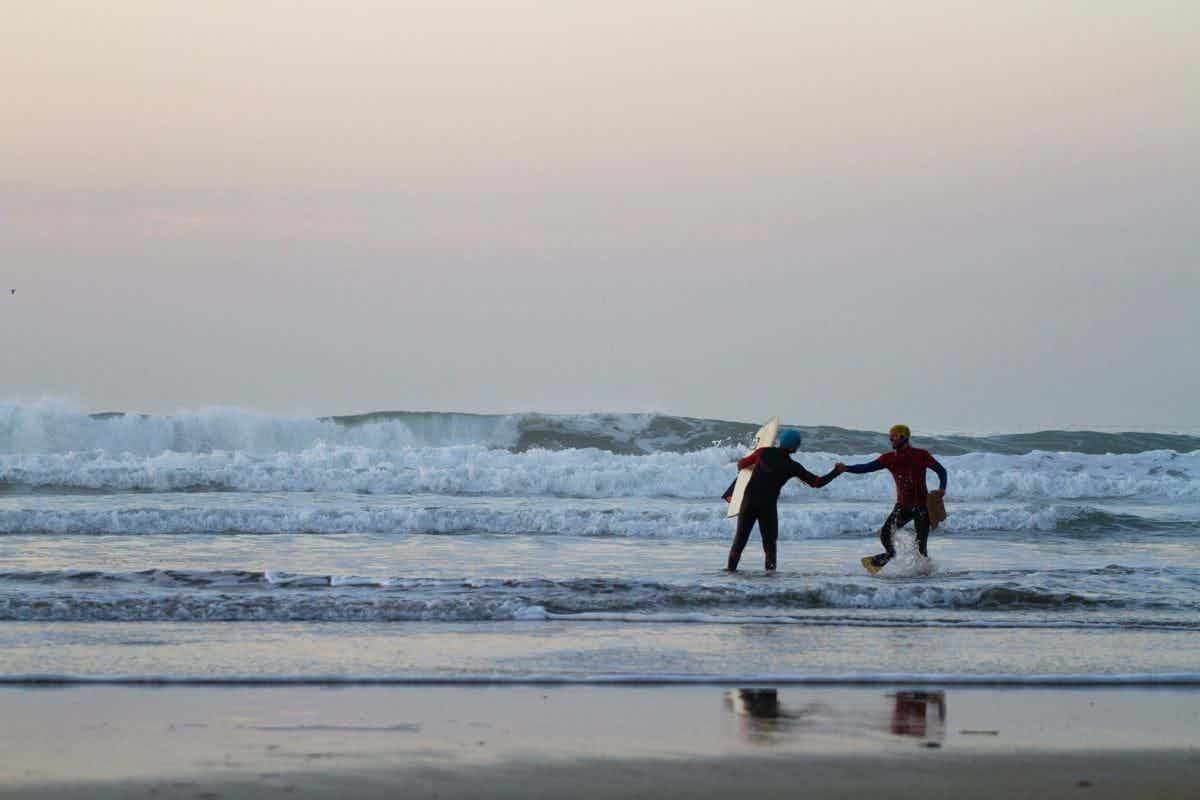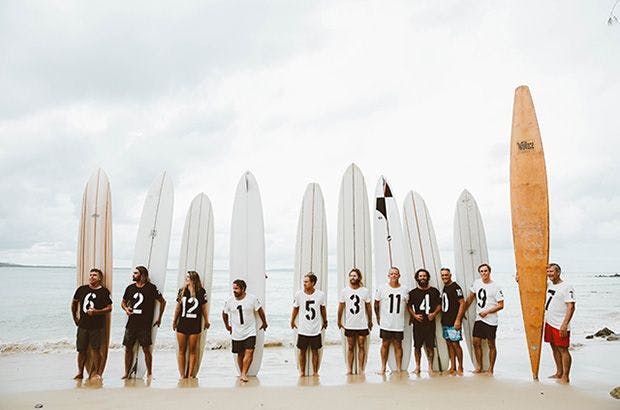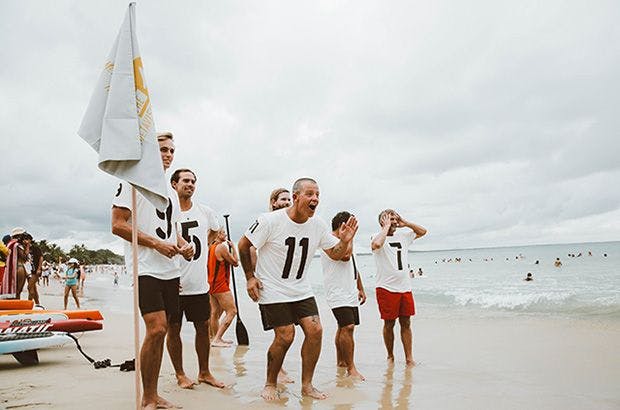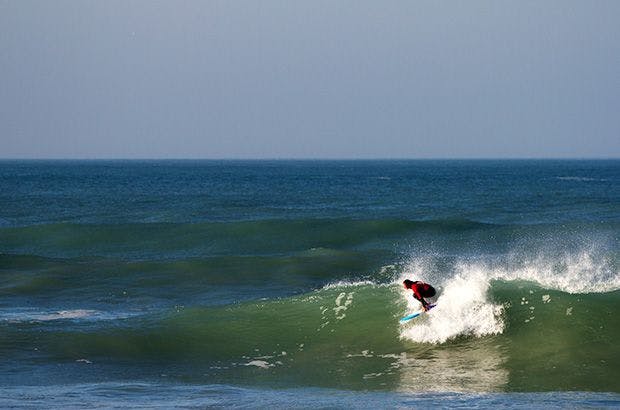Opinions, Surf Contests, Surf cultureRe: Format

Surf contests; they’re funny things, aren’t they? I mean, the vast majority of surfers don’t ever compete in any sort of formal competition. Surfing is an activity that doesn’t require competition to validate it, and therefore most of us simply go surfing. The closest that we might get is when we surf a crowded peak. The number of surfers who regularly take part in formal or structured contests is an absolutely tiny proportion of the worldwide population of regular surfers. You can surf on your own, but you can’t play tennis on your own. Yet here we are settling down at the start of another season to watch live webcasts of some of the world’s best surfers battling it out. Whether or not these contests eventually decide on whom the best surfer is, or simply who the best competitor is, is beside the point; even though almost none of the audience have experience of surfing as a competition, plenty of us still tune in. Why is that? Why are surf contests relevant to surfing? The fact that world champions are crowned every year has absolutely zero impact on my surf sessions and I’d imagine that it’s not something that weighs heavy on your mind as you’re paddling out, either. But they do give us structured entertainment, and something to talk about with fellow surfers, be that in the beach parking lot or in a comments stream online. The World Championship Tour isn’t nicknamed “The Circus” for nothing – it’s entertainment.

Competitors at the inaugural McTavish Trim – Furthest Up The Beach contest line up for a photo call. Photo: Lockie Marley for McTavish
But there are other competitions besides those that decide World Champs; those that serve as a reason for us to gather socially and build communities. Just a couple of weekends ago, whilst the finishing touches were being made to the contest site at Snapper Rocks, a very different contest was going down a few hours up the road at Noosa. Here, as part of the Noosa Festival of Surfing, legendary shaper Bob McTavish oversaw the inaugural “McTavish Trim – Furthest Up The Beach” event where twelve invitees endeavoured to get the greatest distance under their boards on a single wave. First to paddle out after the Le-Mans style start got priority, although sharing waves was encouraged.

The Le Mans style start line at the 2016 McTavish Trim – Furthest Up The Beach contest. Photo: Lockie Marley forMcTavish
The first Tom Morey Invitational was held in 1965, and was a noseriding contest where the winner was the surfer judged to have spent the greatest accumulated time on the nose of their board (the nose being the front quarter of the board, as shown by a painted line), and as long as there have been professional contests there have been alternative formats that cause surfers to gather for more than the chance to claim the win. Derek Hynd produced the Hebridean Surfing Festival on the Isle of Lewis in 2001, an “all-in” event that saw surfers from a variety of backgrounds, from former World Champions and visiting pros through to local surfers paddling out together on a wide variety of equipment. Waves were judged out of twenty (a mark out of ten for performance combined with a mark out of ten for artisitic interpretation) with bonus points depending on your handicap (0 for a professional under thirty, +5 for a local surfer over the age of thirty, for example), with Tom Curren taking home the trophy. Of course, if you’re going to award half the available points for artistic interpretation and Curren’s surfing then you’d imagine he’d be the odds-on favourite to win.

Surfer Sarah Bentley on her way to winning the “Most Stylish” award in the finless final of the UK’s Slyder Cup. Photo: Mat Arney
These days in the UK, the annual Slyder Cup sees four finless divisions (stand-up, prone, bodysurf and air-mat) converge into a grand final that sees the winner of each category battle one another in a multi-disciplinary final, whilst the wonderful Ten Board Challenge is a female only affair that sees competitors draw numbers out of a hat before each heat to see which of the ten (wildly different) surfboards they’ll have to compete on. At these events, as with many others around the world, formats are played with and fun is had with the competitive element being the excuse to gather everybody together, as competitors and spectators, to hang out and spend a day together. Surfing is a largely solo pursuit, with conversations in the line-up often interrupted by the arrival of a set. Sometimes we need an excuse to get together, and events and competitions can prove just the ticket be it gathering in front of a webcast with some friends to watch a World Tour event or gathering on the sand to cheer on fellow competitors in a fun contest one weekend. Contests of one sort or another give plenty of surfers an excuse to get together and celebrate surfing, and for that we should be thankful for them.